The Association for the Protection of the Environment (APE), Mansheyet Nasser, Mokkatam, Cairo, Egypt.
P.O. Box 32 Qal’a, Cairo, Mansheyet Nasser, Mokkatam
Telephone: Nicole Saad at 012-241-0522
Getting to the Association for the Protection of the Environment (APE) near the hills of Mokkatam, Cairo is a difficult if not impossible task with local transportation. Everyone in Egypt knows where the Garbage City location is yet few have ever visited the site. Additionally, not many residents outside of Mokkatam or visitors to Egypt know about APE though it is a model concept for recycling and for raising the esteem and livelihood of young and married Egyptian women. APE is close to the Coptic monastery chapels of St. Simon the Tanner. You should engage a driver who speaks Arabic (and who is willing to take you there) making frequent stops to ask directions, and a less than perfect sense of smell. You are, after all, going to a neighborhood where 7000 tons of garbage is dumped daily from over 20 million inhabitants of Cairo. You will know when you enter the “garbage collectors” village by the site and smell of piles of garbage, paper, styrofoam, plastic and other bits of flotsam and jetsam. Mahsheyet Nasser is home to some 30,000 zabbaleen (a name that means garbage collector) The total number of inhabitants of the whole of Mokkatam, a district within Cairo with few green trees but many shacks and jerry rigged apartments, is well over 1.2 million.
The zabbaleen are mainly Christian Copts, the Sai’idi from Upper Egypt. Sai’idis in Cairo are former fellahin who subsisted on farming for landlords in southern Egypt akin to the sharecroppers of the American dustbowl and south. They were landless peasants whose only available place to live was on the outskirts of Cairo once they severed ties with family and friends in the district of Badari, home to them for countless generations. As Cairo grew, they faced many evictions and relocations to places further and further away from the metropolitan center. The farmers had hoped that urban Cairo would allow them a new start, a better situation for themselves and their families. Unemployment is extremely high in Cairo, moreover, the fellahin were illiterate and unable to compete in the main job market of tourism and services. With their insufficient education and lack of established relationships in Cairo they took over the only job they were remotely qualified to do - the odious task of garbage collection run by middlemen living in Cairo and known to the urban households to which they had access. The middlemen established themselves in Cairo around the late 1920s and are known as waahi, a name for a dweller of the oases in Egypt. The zabbaleen coming from the Nile valley (Assiut province) paid for the privilege of collecting garbage on specified routes and turned over all paper products for recycling to their sponsors who made a good profit. Additionally, they had to rent the rooms they were assigned with the profits they made from all non-paper garbage. Organic refuse from the carts full of mixed rubbish was collected by their wives and daughters to feed the pigs which the family raised for their landlord. When mature, the pigs were sold for slaughter to the four main Coptic pork brokers; Muslims are forbidden from contact or even merchandizing pig related products. The pigsty was in back of the rental with waste piling up each day until it was removed (for a price) and sold by the dealer to farmers in the Delta area as uncomposted and bacteria laden fertilizer. With this kind of unhygienic work, the farmer and his family were hosts for disease and illness yet they persevered with long hours and back-breaking labor. Profits were made with items retrieved from the garbage of wealthier clients in the city such as electrical appliances, copper, tin, plastic and cloth. Rent money was obtained, pigsty and pig ownership was slowly gained and even some luxuries such as dowries for daughters and money for school for the sons were set aside.
Tuesday, November 17, 2009
Subscribe to:
Post Comments (Atom)



























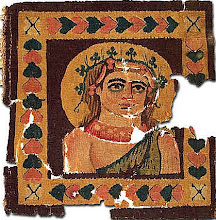
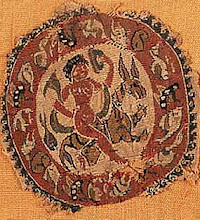














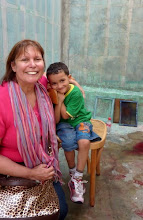













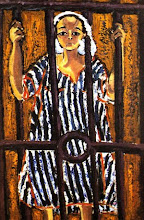

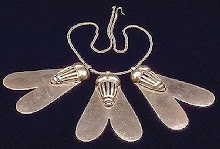
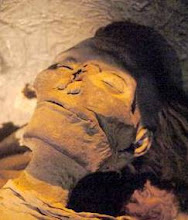





No comments:
Post a Comment